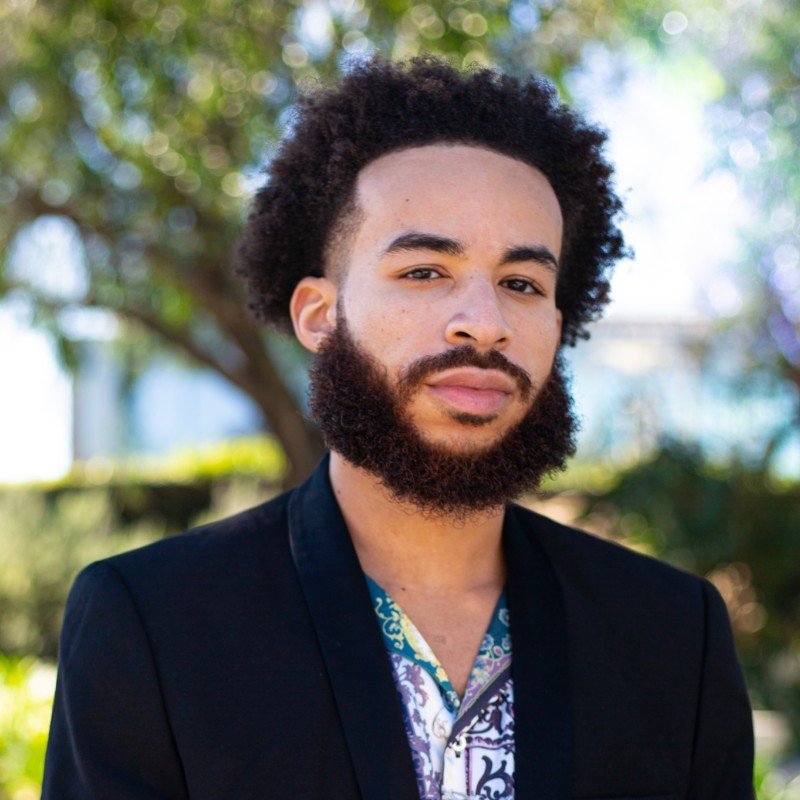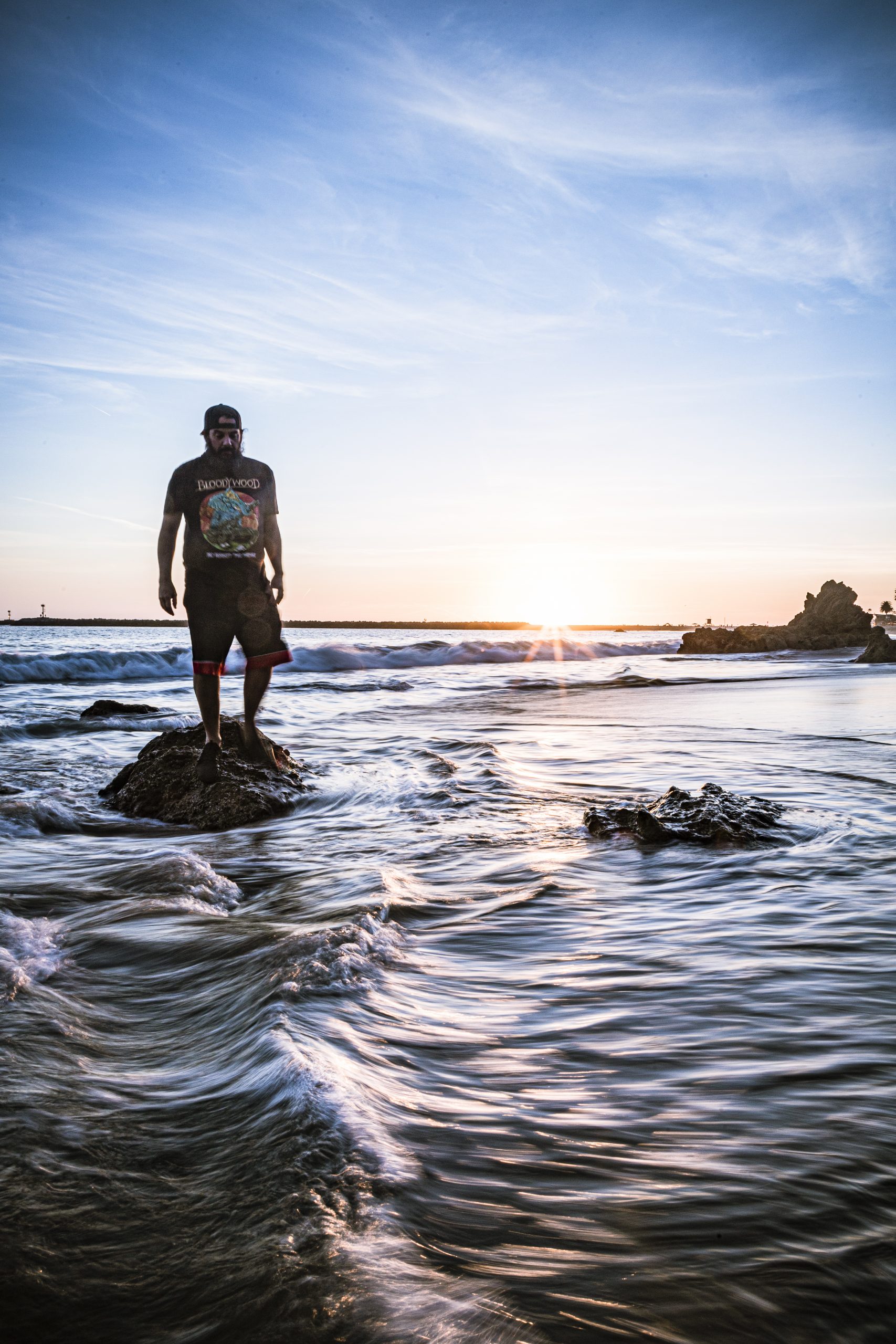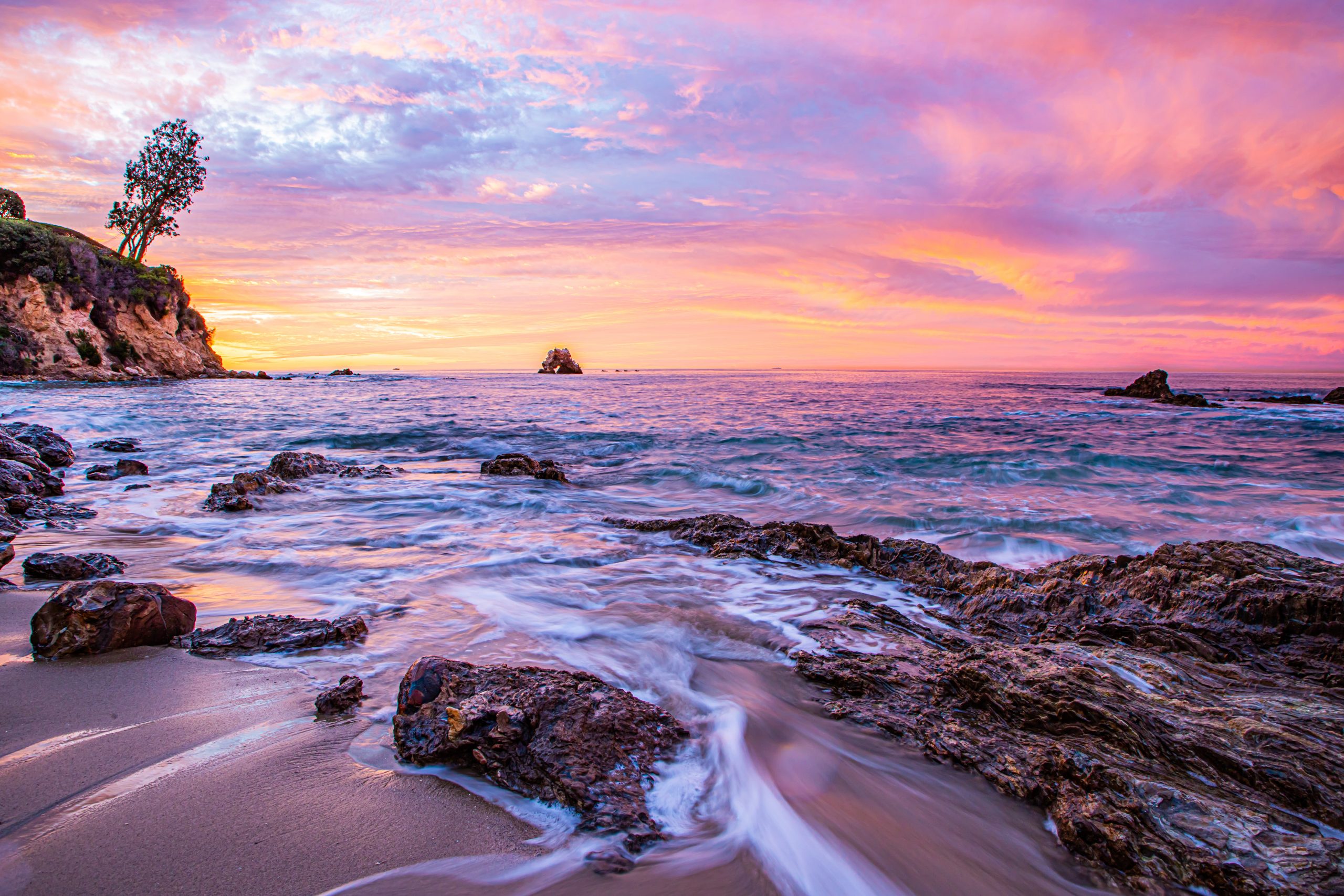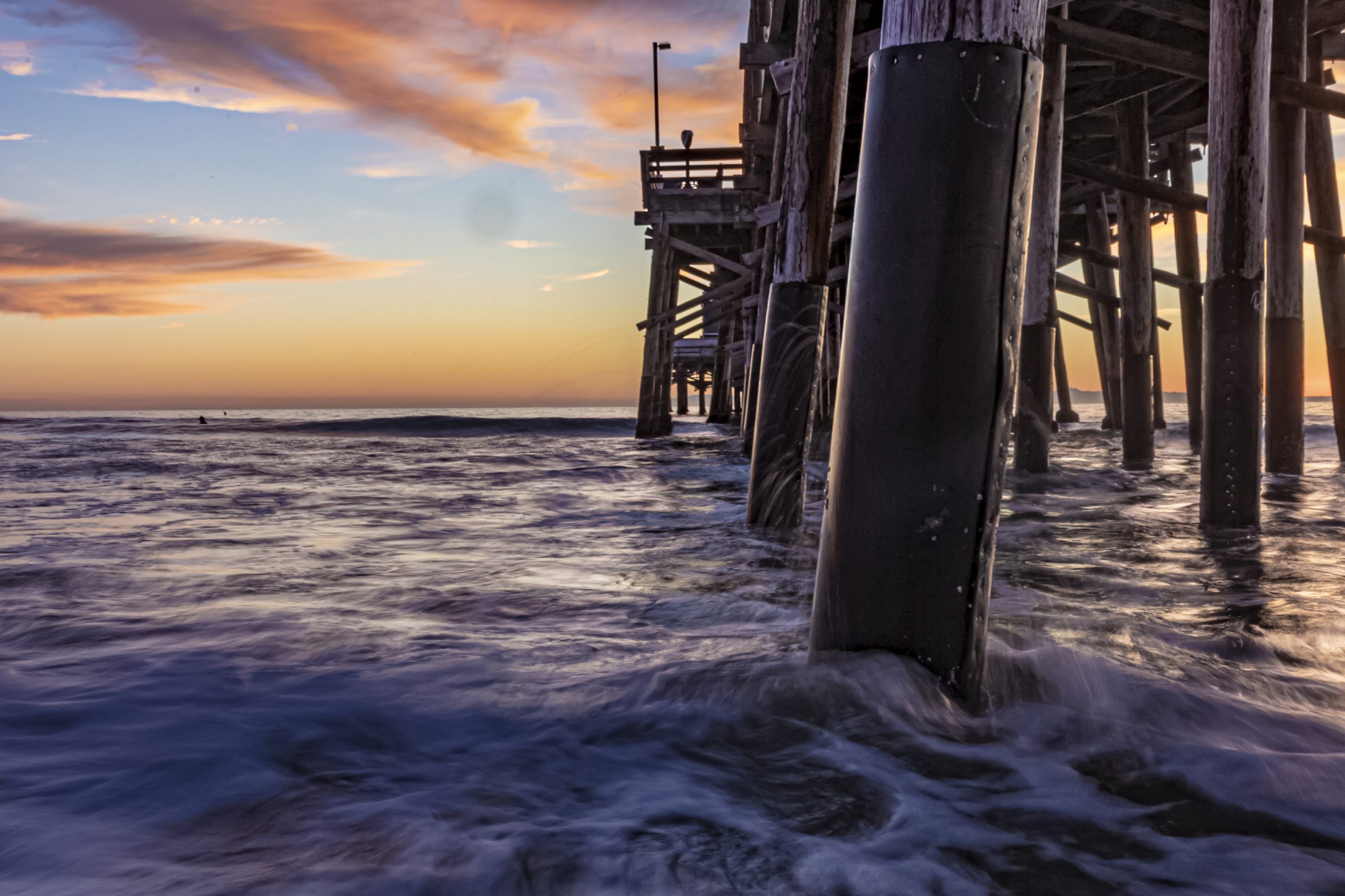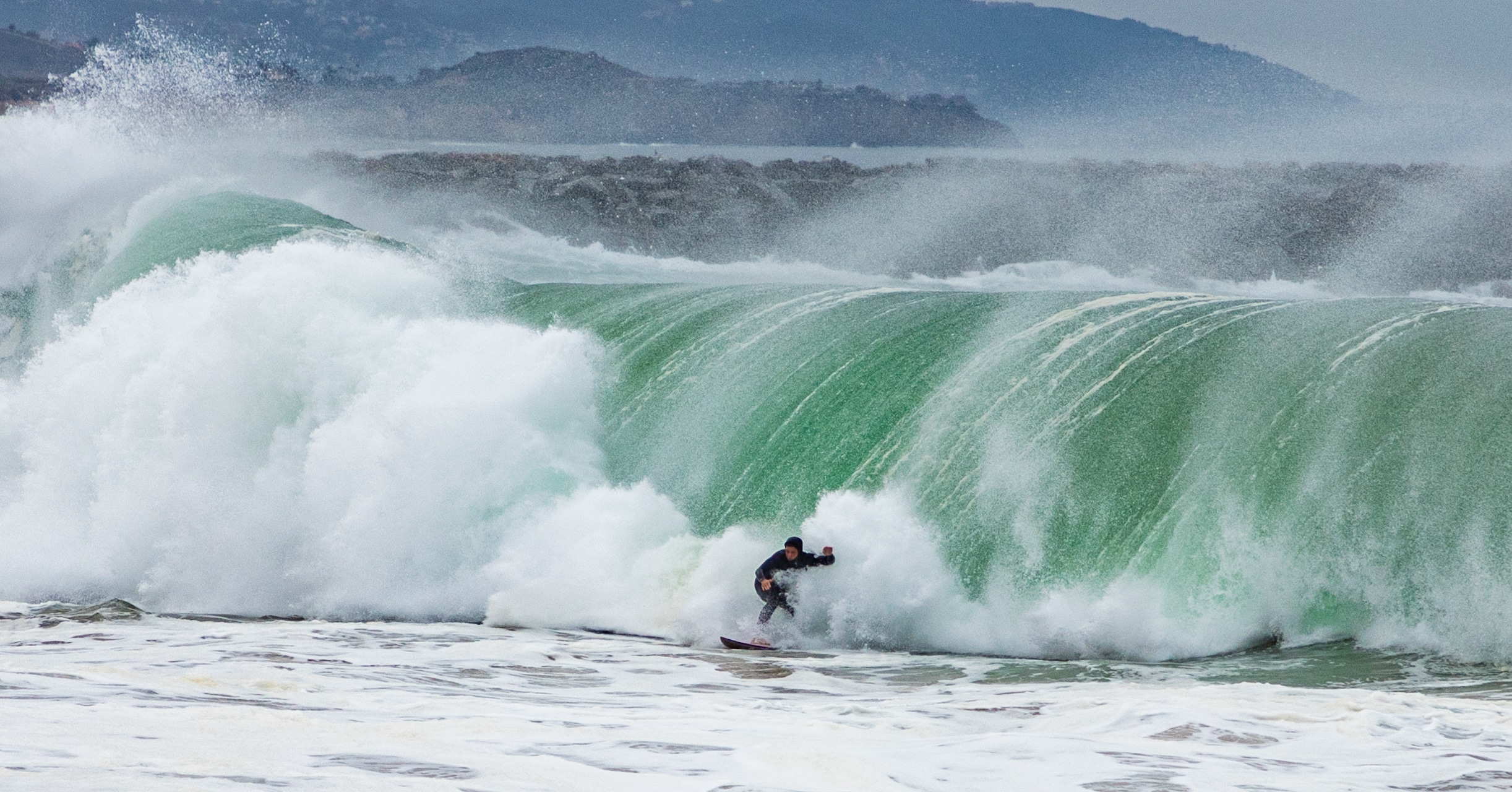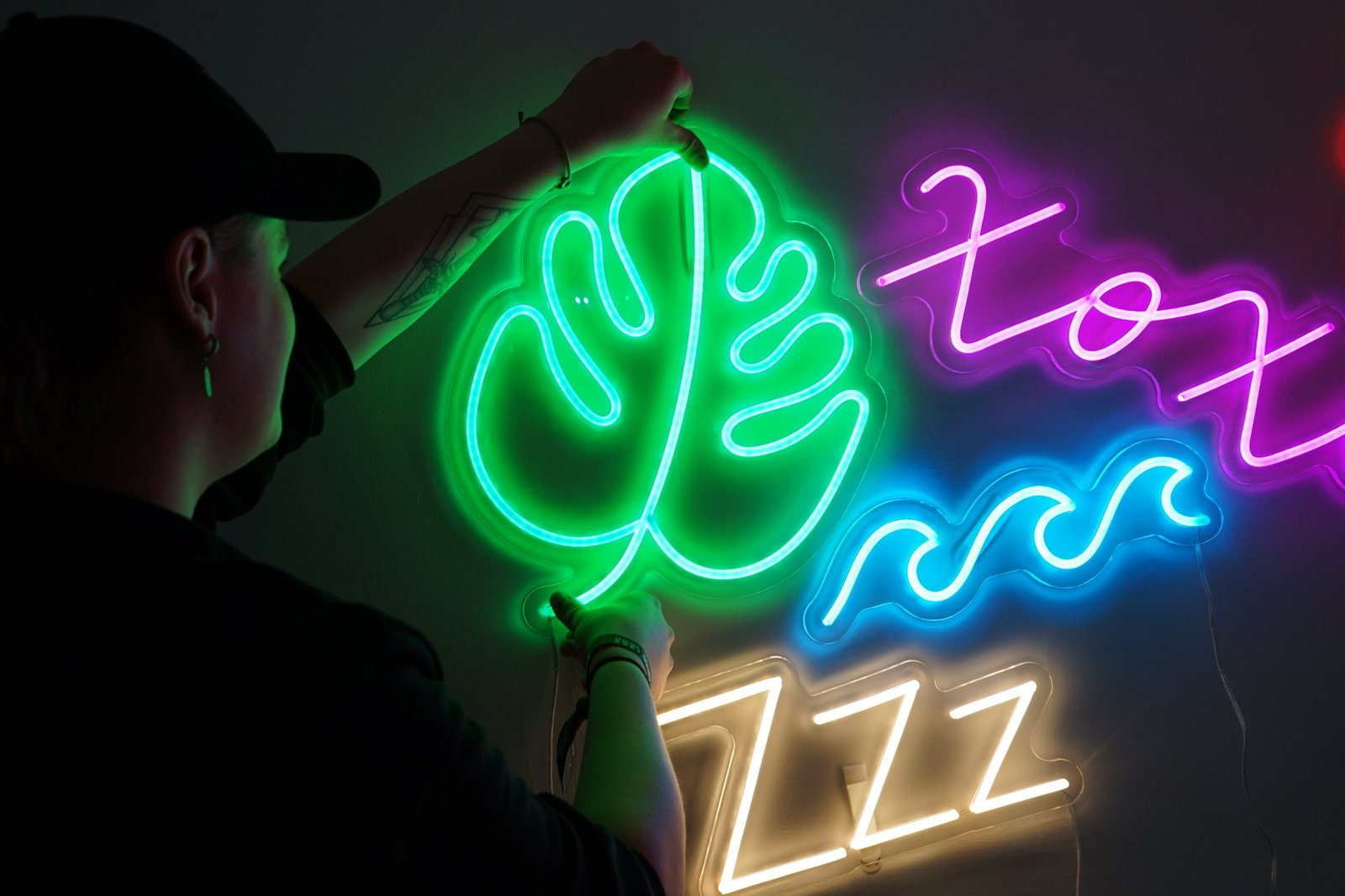Published on March, 31st 2022
Jason Corcoran is a Newport Beach-based photographer capturing the most impeccable images of the ocean and nature.
Originally from Massachusetts, Jason moved out to California to experience a better life.
Since moving to California, Jason began his photography journey a little over three years ago. Now, he is a rising landscape photographer that is touching the world with his images of Southern California.
We interviewed Jason regarding his background, start in photography, favorite inspirations, tips for photographers, and more!
Where do you consider your artistic home? Is there a city, country, or neighborhood that inspired you to get into photography?
My artistic home would have to be the ocean. More specifically Corona Del Mar. Every time I head down there I am able to find a new composition. The rocks and the coastline are a constant inspiration.
What brought you into photography?
I come from a family of artists. For most of my life, I only ever dabbled in art. A few years ago I started seeing a friend of mine, Stan Moniz, posting pictures on Facebook. I had a camera laying around and so I started shooting. I ended up at a Yes Theory event and took some pictures of it while I was there. I posted those shots online and got a very positive reaction from the community. This pushed me to start taking it seriously.
Which camera do you use?
I use a Canon EOS 6D Mark II.
How would you describe your photography style?
I am an ocean and abstract photographer.
When did you first start photographing landscapes?
I started shooting landscapes 3 ½ years ago, so really, from the beginning. My first photographs were of abandoned structures and how they fit into the landscape. I then quickly got drawn to the colors found in sunrises. This naturally brought me to capturing landscapes. For the first year, I would shoot wherever I happened to be on any given morning as the sun was rising. Over time, I got more and more drawn to the ocean.
What does the ocean mean to you?
The ocean, to me, Is a place for meditation and reflection. The sound of the waves, the reflection of the light, and the rhythm of the ocean, have all become a large part of what brings me serenity. When I am standing out in the ocean with my camera I am able to just let go of a lot of the pressures of everyday life and really just live for the moment. As fleeting as that moment is, it is enough to ground me for the upcoming day.
The Fox Magazine is all about inspiration, what/who inspires you the most?
My biggest inspiration is my father. He was an artist and after owning a business for most of his life, he sold it and went on to chase his true passion, his art. He had his own studio and became a framer. He did this later in life and it was the first time I had seen him truly happy and passionate about what he was doing. I really wanted to find this joy in my life that he had, and by pursuing photography I was able to find something that I have become immensely passionate about. Through this medium, I feel a deeper connection to my father through my art.
How does social media impact the quality of work for a photographer?
My growth as a photographer has been largely influenced by Instagram. All of my progress has been posted on Instagram. You can scroll down to the beginning of my feed and see my earliest attempts. It’s largely the community that I have found on Instagram that has pushed me to become the photographer that I am.
There were early followers of mine that were very encouraging of my work that helped me breakthrough creative blocks. As my work got better, I found myself getting features on different hubs. It has been humbling to get recognition through the many hubs I have been featured on, not to mention the numerous times I have been featured with you guys.
I am currently doing a takeover on what is one of the biggest sky hubs on Instagram @sky_marvels this weekend (March 19th). That, coupled with this, have been events that have really pushed me to up my game not only in the composition of my work but also in my edits. I recently started a website for my work, and have started offering prints.
What are the elements that make a photograph beautiful?
First of all, there needs to be a pleasing composition. As I was learning photography, I learned about the rule of thirds and watched many YouTube videos about how to properly compose a photograph. Also, growing up with an artist, I was introduced to many of the masters and how they went about creating the art that they did.
Once you have a pleasing composition then the edit merely enhances what you already have there. It’s like creating a foundation with the initial click and through the edit bringing your artistic vision to life. Having an understanding of color theory and having explored art from the impressionists, like Van Gogh, to the German landscape painters of the mid-19th century, such as Oswald Achenbach, has allowed me to truly get a feel for what makes a beautiful piece of art.
Ultimately it comes down to what is most pleasing to my eye. I take all of my experiences and emotions and bring them to fruition in an edit. If I am being honest, my emotional state can have a huge impact on what I find beautiful on any given day. You can see that by scrolling through my feed.
What are you trying to translate in your work to those who see your photographs?
Everyone sees this world in their own unique way and I try to bring my vision of the world to the viewer.
What is your advice for photographers capturing images in California specifically?
Take your time and find your voice. I feel California has one of the most photographed coastlines due to the number of photographers that can be found here. Find what inspires you. It took me several years to really find my niche and style. One of the best lessons I can give is to bring your camera with you wherever you go. Take lots of photographs. Having digital storage has made it easy to really explore the craft in a new way. I have taken well over 100,000 images over the 3 ½ years that I have been shooting. Everything from portraits to landscapes, to abstract ICM (intentional camera movement). Never stop experimenting. I think that’s one of the greatest things about photography, there is always something new to learn.
What are some photography secrets that you can share with our readers?
Patience. I know it’s not really a secret, however, be patient with yourself. Allow yourself the time to really explore the craft and find your voice. As far as technical things, the way I get the texture I prefer in a photograph would be with the settings. To really capture the movement in my ocean work is by setting the camera to .3 seconds. This I have found to be the most pleasing to my eye and my work. It produces a smooth line through the motion of the waves. Also don’t be afraid to get wet when shooting at the beach, in fact, be prepared to. A good pair of water shoes is invaluable when climbing around on the rocks around the coastline.
If you had to choose one lens to use forever, which one would it be and why?
I’ve really only ever had the kit lenses with my cameras. With my current camera I have the Canon EF 24-105 mm. 1:4 L IS II USM. The next lens that I am looking to get is the 70-200. Creatively I believe that would be the lens that would allow me a wider range to really be able to capture the images I want. Also, allow yourself to fully explore and appreciate the capabilities of the lens that you have.
What’s something people would be surprised to learn about you?
I think the fact that I have really only been shooting for 3 ½ years. Also as far as the technicalities of shooting I’m not really that well versed in them. I really go for a feeling when out shooting. I will adjust settings that help me to capture a mood rather than really understanding things like the histogram. I think having a history with art allows me to see through the viewfinder what appeals to me, and through having taken so many photographs, I know what will work in post during the editing process.
What’s the best part of being a photographer?
Getting outside. Being one with the elements. There is nothing quite like coming upon a scene that just takes your breath away. Being in that moment, surrounded by God’s creation, really puts the world into perspective. We are meant to enjoy nature and I think I have spent a large part of my life missing that fact. Photography has ultimately allowed me to reconnect with nature.
What photography or art-related motto, quote, or words to live by helps keep you inspired?
“A good photograph is knowing where to stand” – Ansel Adams
Also just thinking about the equipment that Ansel Adams used to create the iconic images he created makes me know that it’s not really about the equipment we have, it’s about our eye.
Connect With Jason!
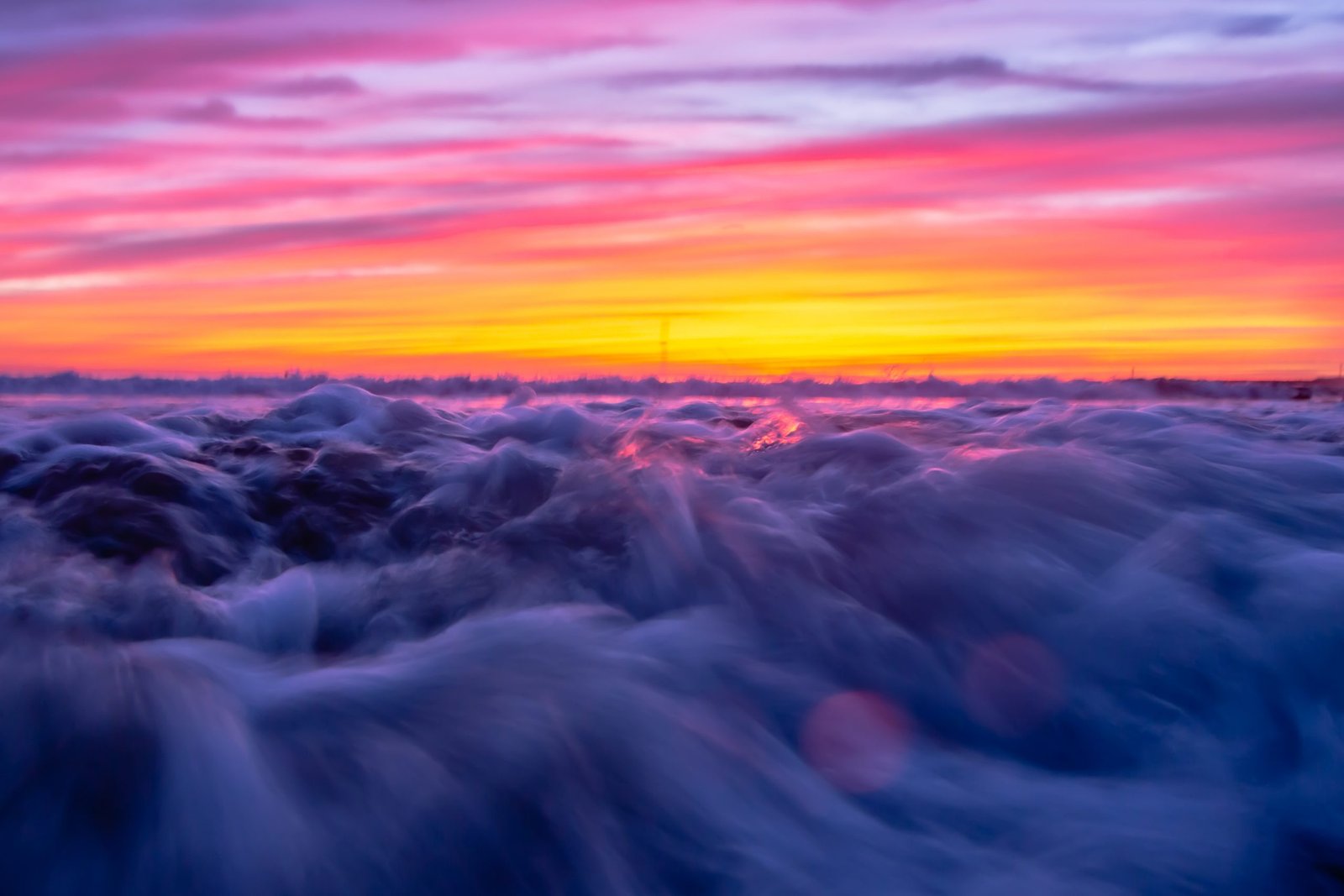
Get To Know How Jason Corcoran Got Into Photography And Mastered The Art Of Movement & Color
Jason Corcoran is a Newport Beach-based photographer capturing the most impeccable images of the ocean and nature.
Originally from Massachusetts, Jason moved out to California to experience a better life.
Since moving to California, Jason began his photography journey a little over three years ago. Now, he is a rising landscape photographer that is touching the world with his images of Southern California.
We interviewed Jason regarding his background, start in photography, favorite inspirations, tips for photographers, and more!
Where do you consider your artistic home? Is there a city, country, or neighborhood that inspired you to get into photography?
My artistic home would have to be the ocean. More specifically Corona Del Mar. Every time I head down there I am able to find a new composition. The rocks and the coastline are a constant inspiration.
What brought you into photography?
I come from a family of artists. For most of my life, I only ever dabbled in art. A few years ago I started seeing a friend of mine, Stan Moniz, posting pictures on Facebook. I had a camera laying around and so I started shooting. I ended up at a Yes Theory event and took some pictures of it while I was there. I posted those shots online and got a very positive reaction from the community. This pushed me to start taking it seriously.
Which camera do you use?
I use a Canon EOS 6D Mark II.
How would you describe your photography style?
I am an ocean and abstract photographer.
When did you first start photographing landscapes?
I started shooting landscapes 3 ½ years ago, so really, from the beginning. My first photographs were of abandoned structures and how they fit into the landscape. I then quickly got drawn to the colors found in sunrises. This naturally brought me to capturing landscapes. For the first year, I would shoot wherever I happened to be on any given morning as the sun was rising. Over time, I got more and more drawn to the ocean.
What does the ocean mean to you?
The ocean, to me, Is a place for meditation and reflection. The sound of the waves, the reflection of the light, and the rhythm of the ocean, have all become a large part of what brings me serenity. When I am standing out in the ocean with my camera I am able to just let go of a lot of the pressures of everyday life and really just live for the moment. As fleeting as that moment is, it is enough to ground me for the upcoming day.
The Fox Magazine is all about inspiration, what/who inspires you the most?
My biggest inspiration is my father. He was an artist and after owning a business for most of his life, he sold it and went on to chase his true passion, his art. He had his own studio and became a framer. He did this later in life and it was the first time I had seen him truly happy and passionate about what he was doing. I really wanted to find this joy in my life that he had, and by pursuing photography I was able to find something that I have become immensely passionate about. Through this medium, I feel a deeper connection to my father through my art.
How does social media impact the quality of work for a photographer?
My growth as a photographer has been largely influenced by Instagram. All of my progress has been posted on Instagram. You can scroll down to the beginning of my feed and see my earliest attempts. It’s largely the community that I have found on Instagram that has pushed me to become the photographer that I am.
There were early followers of mine that were very encouraging of my work that helped me breakthrough creative blocks. As my work got better, I found myself getting features on different hubs. It has been humbling to get recognition through the many hubs I have been featured on, not to mention the numerous times I have been featured with you guys.
I am currently doing a takeover on what is one of the biggest sky hubs on Instagram @sky_marvels this weekend (March 19th). That, coupled with this, have been events that have really pushed me to up my game not only in the composition of my work but also in my edits. I recently started a website for my work, and have started offering prints.
What are the elements that make a photograph beautiful?
First of all, there needs to be a pleasing composition. As I was learning photography, I learned about the rule of thirds and watched many YouTube videos about how to properly compose a photograph. Also, growing up with an artist, I was introduced to many of the masters and how they went about creating the art that they did.
Once you have a pleasing composition then the edit merely enhances what you already have there. It’s like creating a foundation with the initial click and through the edit bringing your artistic vision to life. Having an understanding of color theory and having explored art from the impressionists, like Van Gogh, to the German landscape painters of the mid-19th century, such as Oswald Achenbach, has allowed me to truly get a feel for what makes a beautiful piece of art.
Ultimately it comes down to what is most pleasing to my eye. I take all of my experiences and emotions and bring them to fruition in an edit. If I am being honest, my emotional state can have a huge impact on what I find beautiful on any given day. You can see that by scrolling through my feed.
What are you trying to translate in your work to those who see your photographs?
Everyone sees this world in their own unique way and I try to bring my vision of the world to the viewer.
What is your advice for photographers capturing images in California specifically?
Take your time and find your voice. I feel California has one of the most photographed coastlines due to the number of photographers that can be found here. Find what inspires you. It took me several years to really find my niche and style. One of the best lessons I can give is to bring your camera with you wherever you go. Take lots of photographs. Having digital storage has made it easy to really explore the craft in a new way. I have taken well over 100,000 images over the 3 ½ years that I have been shooting. Everything from portraits to landscapes, to abstract ICM (intentional camera movement). Never stop experimenting. I think that’s one of the greatest things about photography, there is always something new to learn.
What are some photography secrets that you can share with our readers?
Patience. I know it’s not really a secret, however, be patient with yourself. Allow yourself the time to really explore the craft and find your voice. As far as technical things, the way I get the texture I prefer in a photograph would be with the settings. To really capture the movement in my ocean work is by setting the camera to .3 seconds. This I have found to be the most pleasing to my eye and my work. It produces a smooth line through the motion of the waves. Also don’t be afraid to get wet when shooting at the beach, in fact, be prepared to. A good pair of water shoes is invaluable when climbing around on the rocks around the coastline.
If you had to choose one lens to use forever, which one would it be and why?
I’ve really only ever had the kit lenses with my cameras. With my current camera I have the Canon EF 24-105 mm. 1:4 L IS II USM. The next lens that I am looking to get is the 70-200. Creatively I believe that would be the lens that would allow me a wider range to really be able to capture the images I want. Also, allow yourself to fully explore and appreciate the capabilities of the lens that you have.
What’s something people would be surprised to learn about you?
I think the fact that I have really only been shooting for 3 ½ years. Also as far as the technicalities of shooting I’m not really that well versed in them. I really go for a feeling when out shooting. I will adjust settings that help me to capture a mood rather than really understanding things like the histogram. I think having a history with art allows me to see through the viewfinder what appeals to me, and through having taken so many photographs, I know what will work in post during the editing process.
What’s the best part of being a photographer?
Getting outside. Being one with the elements. There is nothing quite like coming upon a scene that just takes your breath away. Being in that moment, surrounded by God’s creation, really puts the world into perspective. We are meant to enjoy nature and I think I have spent a large part of my life missing that fact. Photography has ultimately allowed me to reconnect with nature.
What photography or art-related motto, quote, or words to live by helps keep you inspired?
“A good photograph is knowing where to stand” – Ansel Adams
Also just thinking about the equipment that Ansel Adams used to create the iconic images he created makes me know that it’s not really about the equipment we have, it’s about our eye.
Connect With Jason!
